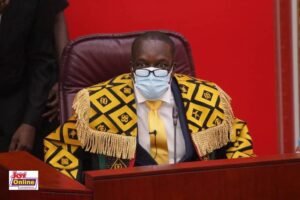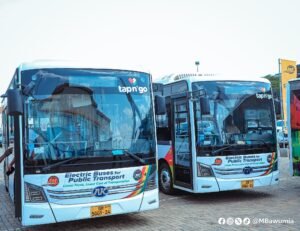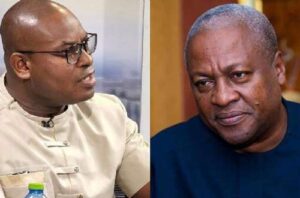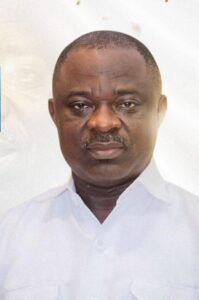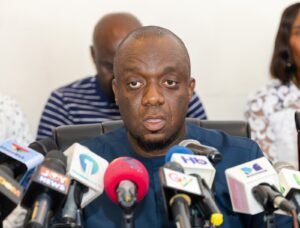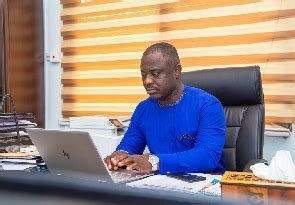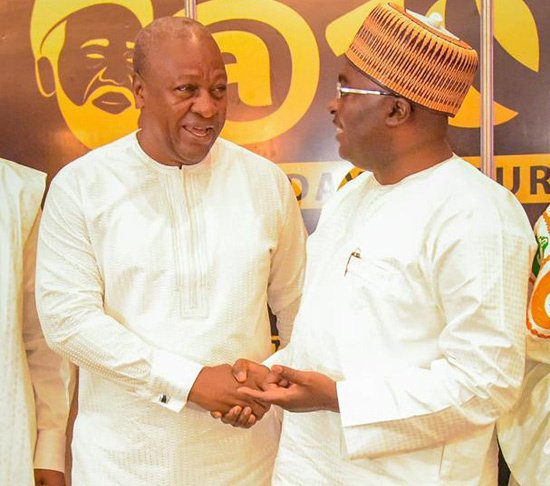
A consistent and coherent economic plan that bolsters growth and opportunity among the increasingly young voting population has been identified as key to keeping the Ghanaian economy stable.
“Without such a plan, the risk of instability will increase, leading to a negative impact on Ghana and the wider region,” it has been observed.
According to an article published by eureporter, a Brussels based media organisation, the country’s next choice of president will be critical to preserving stability.
Per the report, the newly elected flagbearer of the governing New Patriotic Party (NPP) and the current vice-president of Ghana, Dr. Mahamadu Bawumia, seems to fit the position as a technocrat – a trained economist and central banker “who has no links to any scandals.”
“His initiatives under the Akufo-Addo government, including a major push towards digitalisation, have been roundly applauded. The Ghanaian economy, battered as it has been by both war and pandemic, is showing signs of recovery, with GDP growth beating analysts’ expectations and inflation beginning to retreat. Should this continue into next year, Bawumia’s position with the electorate will be stronger,” it added.
Opposition
The article further points to the woes of the flagbearer of the opposition National Democratic Party (NDC), John Dramani Mahama, who has been accused of seeking “to trivialise global economic shocks and has preferably politicised the issue by claiming that these global events were secondary to mismanagement by the NPP.”
“In his previous presidency Mahama, who was educated in Moscow, prioritised relations with Iran and other non-aligned states. More recently, he claimed that the Russian invasion of Ukraine had no impact on Ghana’s economic state, despite the direct impact on fuel and wheat prices caused by the war,” it said.
“He also berated Kristalina Georgieva, the Director of the IMF, for saying that the main driver of the weakened economic situation was Covid-19 and the Russia-Ukraine conflict,” it added.
The article pointed to Mr Mahama’s administration which was subject of numerous allegations of corruption, including via Airbus, which was fined a record £3 billion by a London court after admitting that it had paid huge bribes to win contracts in several countries, including Ghana during Mahama’s NDC administration.
“His government was accused of awarding over-inflated contracts to Mahama’s brother, while also overpricing a single-sourced power turbines deal by $350 million. The then President also admitted to receiving a Ford vehicle as a gift from a construction firm bidding from a substantial government contract,” it recalled.
Political stability
The report also touches on the fact that the EU recognises the importance of stability in Ghana, as it is “evidently concerned about contagion”, in the wake of political turmoil in some countries in West Africa.
At the end of last month, the EU gave Ghana over 100 armoured military vehicles that had been seized from a ship off the coast of Libya, part of a €20 million support package for the country’s military to secure the country and stabilise the region.
“The EU’s concern is well placed, as regional instability in West Africa has direct ramifications for the EU. After a substantial drop in the number of irregular arrivals to the EU during the pandemic, the number of boats crossing the Mediterranean laden with migrants from North Africa is growing fast.
“Data from the International Organization for Migration (IOM)’s Displacement Tracking Matrix records over 246,000 illegal arrivals in Europe so far in 2023, with Guinea the most common country of origin. This compares to just under 100,000 arrivals in 2020, when Guinea was not even in the top 10 countries of origin,” the article states.

